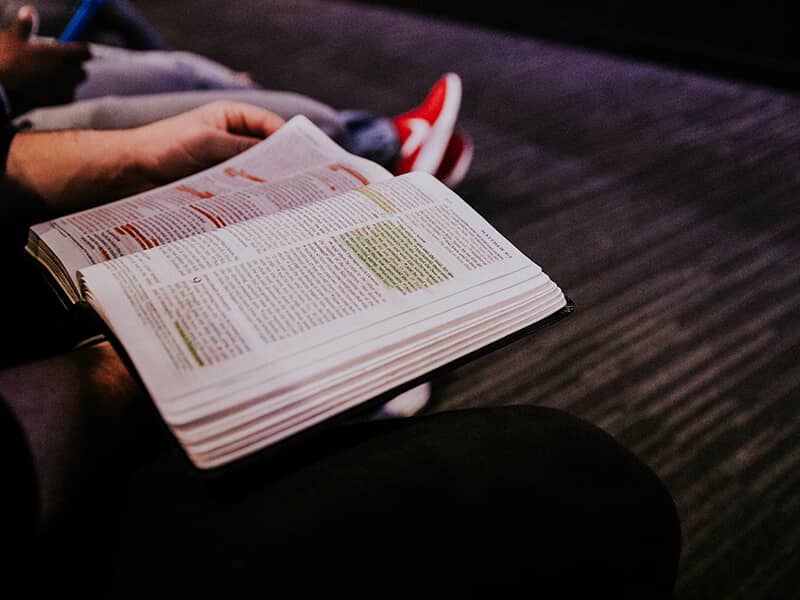Deputy premier L.K. Advani told lawmakers in Parliament the spurt in violence "follows the release by government of Pakistan of the chief of Lashkar-e-Toiba, Hafiz Mohammad Sayeed." "After his release, he vowed to continue the jihad in Jammu and Kashmir and gave a public call to step up terrorist violence," Advani said.
India had condemned Pakistan's decision to release Sayeed from prison.
Advani's remarks came following protests in the Parliament after Islamic rebels raided two Hindu temples in Jammu, killing 12 people. Three attackers were killed in separate shootouts that continued through Sunday night. More than 50 people were injured.
Hundreds of Hindu worshippers were inside the Raghunath temple when Islamic rebels raided the shrine and launched hand grenades. Another militant raided a nearby Shiv temple to confuse the security forces with simultaneous attacks.
U.S. Ambassador Robert Blackwill called on Advani and expressed his outrage. "What I told him (Advani) was that it was hard to think of homo sapiens who would plan and think of attacks like this, knowing that the victims would be innocent women and children," Blackwill said.
The U.S. State Department in Washington condemned the attack, but said Washington had no "independent information" that Pakistan was behind it. "We've been shocked by the several terrorist attacks over the weekend in Jammu and Kashmir, in particular the horrific attack ... on worshipers in ... Jammu," State Department spokesman Richard Boucher said Monday. He called the attacks "further attempts to undermine the new state government" elected last month.
Kashmir Police Director General A.K. Suri said the rebels belonged to a suicide squad of the Pakistan-based militant outfit Lashkar-e-Toiba, one of several Islamic rebel organizations fighting a 13-year-old war to end Indian rule in Kashmir.
Indian troops shot down a rebel Monday morning near a luxury hotel in Jammu city. Police Inspector General P.L. Gupta said an AK-47 rifle, some hand grenades and a huge quantity of ammunition were recovered from the rebel. The militant was believed to be an associate of two rebels responsible for the temple attacks.
Curfew was clamped on Jammu as a precautionary measure. Jammu is the only Hindu-majority city in Kashmir, predominantly Hindu India's only Muslim majority state. Indian troops patrolled the streets of Jammu, as Hindus protested against the second attack on the 150-year-old Raghunath temple in less than eight months. In an attack in March, 14 people were killed. Islamic rebels also raided a temple in Gujarat state in September, killing more than 35 Hindu worshippers
. Violent attacks have been stepped up against Hindu shrines and Indian troops in recent days. India's federal government blamed newly elected Kashmir Chief Minister Mufti Mohammad Sayeed for going soft on the rebels. Sayeed had ordered the release of several separatist leaders from prison after he came to power last month. "We are still very high on the (list of) terrorist targets," India's ruling Bharatiya Janata Party spokesman Arun Jaitley said. "Therefore, it could probably be an occasion for the state government to at least have a fresh look at its policy, which it has been proclaiming in the last two to three weeks of going a little soft on terror."
India blames Pakistan for sponsoring the Islamic uprising that has left more than 37,000 people dead since it erupted in 1989. Islamabad denies the charge but says it provides moral and diplomatic support to what it calls "Islamic freedom fighters."

